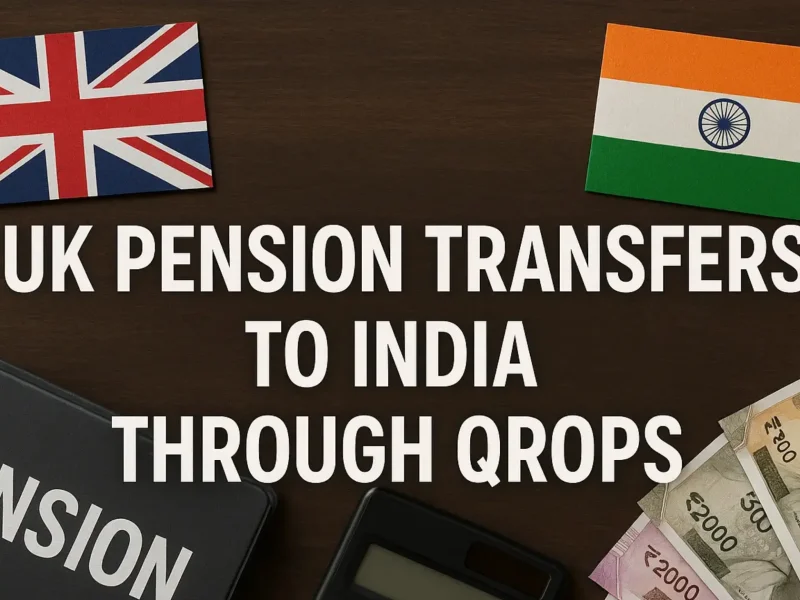
Last week we posted an article titled “If the UK has a State Pension, why are there so many Private Pension funds?” In it we talk about middle and high earners who are forced to rely on private pensions to ensure they don’t experience a drop in their standard of living post retirement. In this article, however, we’re talking about how many believe the UK state pension is unsustainable and why if you live and work in the UK, private pensions are your best option. Many believe the UK can no longer afford State Pensions, and concerns about the system’s long-term sustainability are growing. The government currently has over £5 trillion in pension liabilities, with £3.8 trillion allocated to State Pensions. The problem? These liabilities are unfunded, meaning future taxpayers will have to foot the bill.
Why the UK’s State Pension System is in Trouble
Unlike private pensions, State Pensions rely on tax revenue from the working population. However, with a dwindling workforce and an aging population, funding this system is becoming increasingly difficult.
To address the issue, the UK government has raised the retirement age over time, with plans to increase it to 68 in the near future. Though it’s clear that the UK can no longer afford State Pensions, some experts believe the only way to keep State Pensions sustainable is to raise the retirement age to 70. But for many workers, delaying retirement feels like moving the goalposts at the last minute.
The Triple Lock and Its Financial Burden
The State Pension triple lock guarantees that pension payments increase each year based on:
- Inflation
- Average earnings growth
- 2.5%, whichever is highest
While this system ensures pensioners don’t lose purchasing power, it places a heavy burden on taxpayers. Some experts argue that indexing the State Pension to either inflation or earnings—rather than both—could save £10 billion per year.
Health Issues Shrinking the Workforce
Another challenge for the UK pension system is the growing number of working-age adults unable to work. Studies show that around 2.8 million adults are unable to participate in the workforce due to disabilities and mental health issues. This number has risen significantly post-pandemic, further straining pension contributions.
If the UK can no longer afford State Pensions, What Does This Mean for Your Retirement?
For NRIs, a QROPS transfer to India presents an attractive alternative. By transferring your UK pension fund to India, you can:
- Avoid future UK pension uncertainties
- Secure fixed-income returns up to 10.5%
- Invest in a rapidly growing economy
- Reduce your tax burden on pension withdrawals
With Rachel Reeves’ pension reforms and the new tax on inherited pensions reshaping retirement planning in the UK, moving your pension to India through QROPS offers greater stability and financial security for the future.


